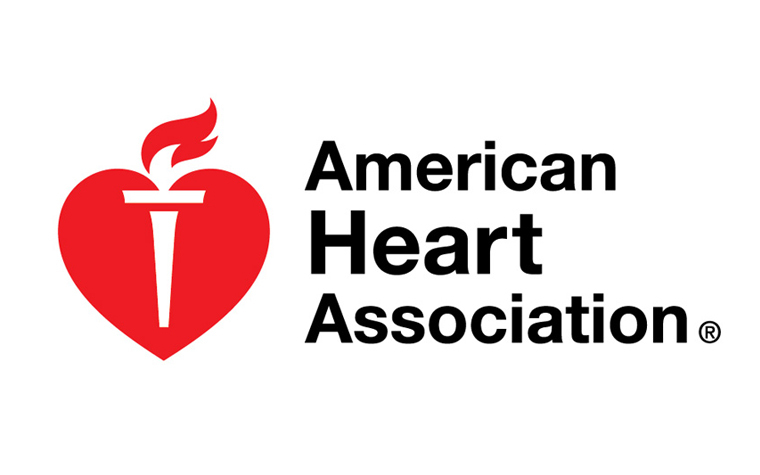
Heart disease and stroke research has received funding through the recently passed spending bill, the American Heart Association (AHA) announced.
The National Institute of Neurological Disorders and Stroke will receive $91 million in financial support from the federal government, and the National Heart, Lung and Blood Institute will get $118 million. Both institutions are part of the National Institutes of Health (NIH).
“We are thankful that Congress recognized the importance of heart disease and stroke prevention when considering this bill,” AHA CEO Nancy Brown said. “These federally funded programs are central to our prevention work, which can greatly reduce Americans’ risk for cardiovascular disease.”
Programs outside of the NIH also received financial commitments. The U.S. Centers for Disease Control and Prevention’s (CDC) Division for Heart Disease and Stroke Prevention saw its budget increased by $30 million. The Million Hearts and WISEWOMAN programs will continue to see federal funding.
Through this bill, the Rural and Community Access to Emergency Devices (AED) from the Health Resources and Services Administration was terminated. The AHA also reports that riders on the bill have allowed delays on sodium control measures to be implemented with regard to school lunches.
“While we are very concerned that the final bill included these riders -- which are clearly an attack on the science that supports nutrition standards -- the association thinks the pluses outweigh the minuses in this legislation,” Brown said. “The vital support Congress provided for medical research, prevention programs and other valuable efforts will go a long way to help keep our nation heart healthy.”